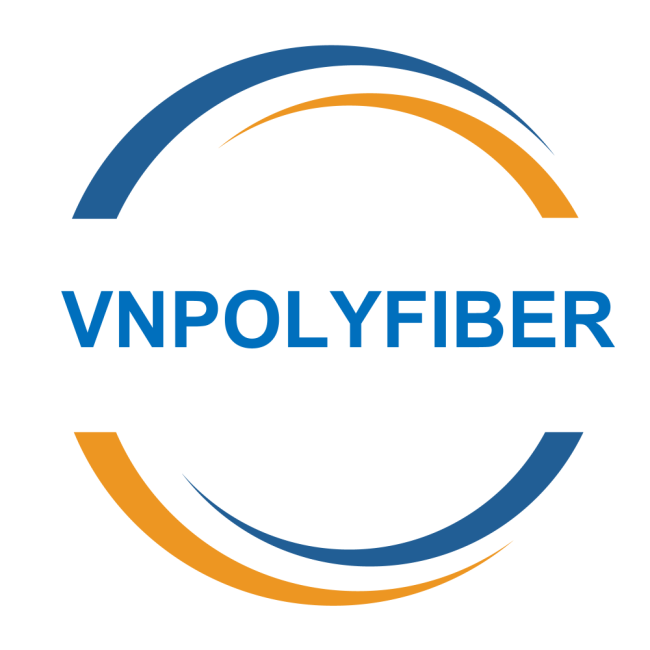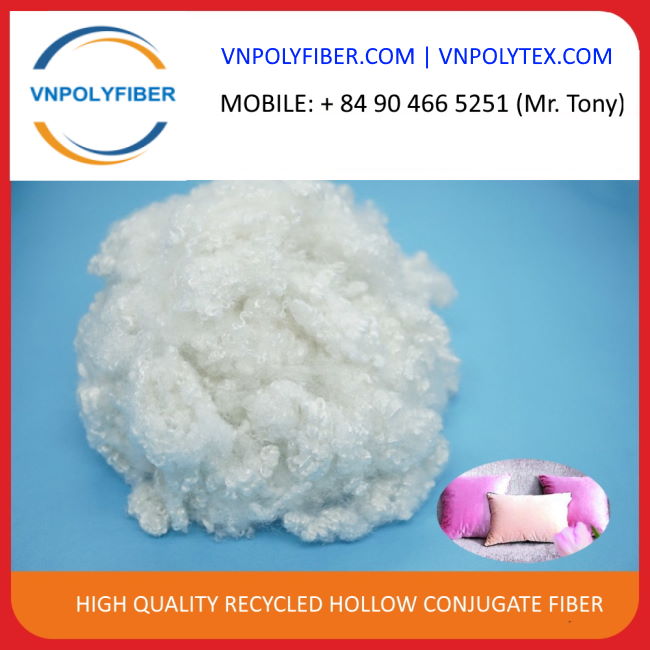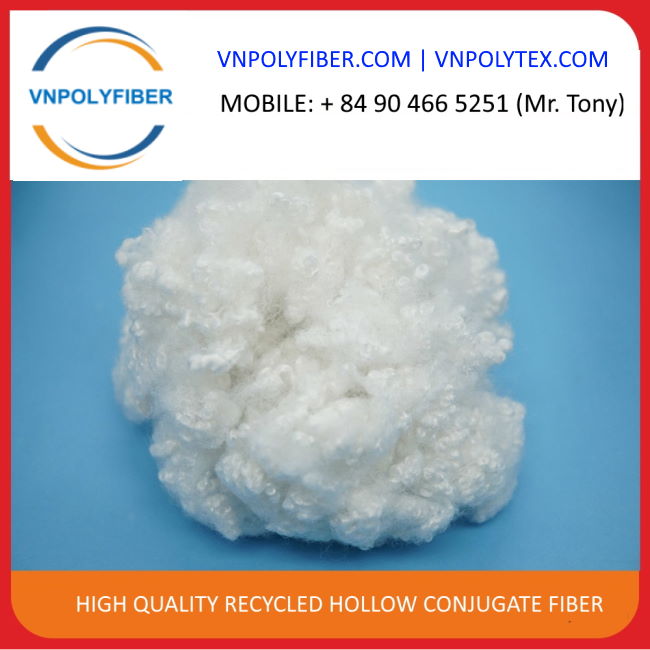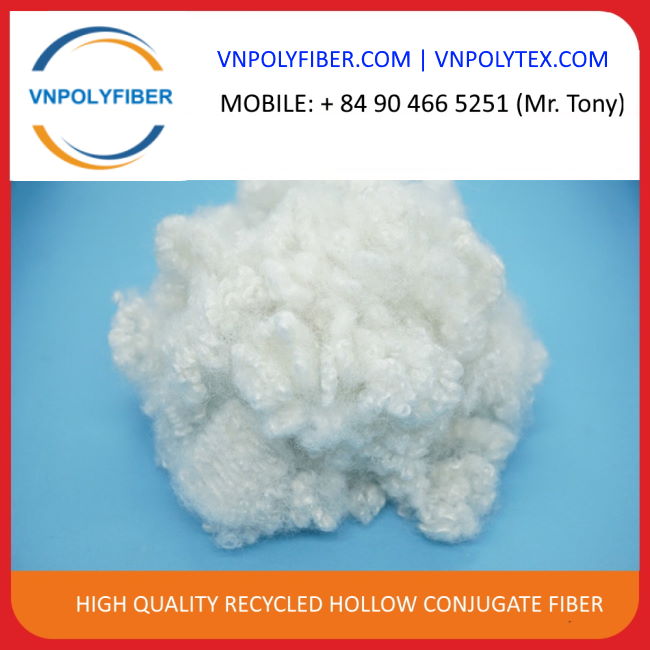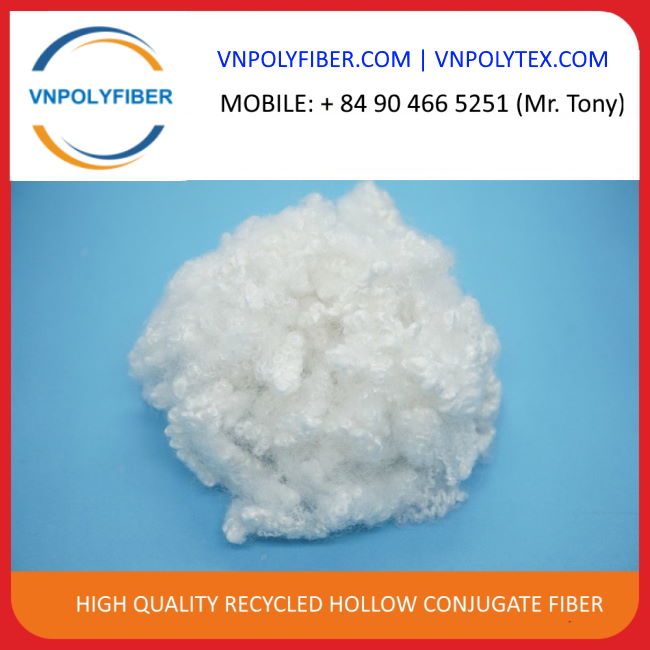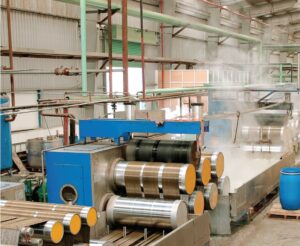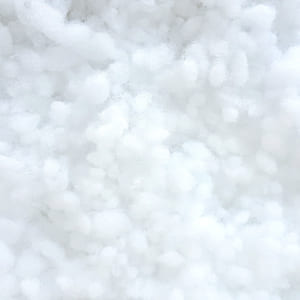What is Polyester fiber?
Polyester is one type of polymer that has the ester functional group in its main chain. The term “polyester” as a specific material most commonly refers to polyethylene terephthalate (PET). Polyesters include natural chemicals as well as synthetics through step-growth polymerization in high temperatures. Polyesters as thermoplastics may change shape after the application of heat. While combustible at high temperatures, polyesters tend to shrink away from flames and self-extinguish upon ignition. Polyester fibers have high tenacity and E-modulus as well as low water absorption and minimal shrinkage in comparison with other industrial fibers.
Polyester Fiber or Poly Fiber is a man-made fiber, with a high length to width ratio and with suitable characteristics for being processed into fabric.
Polyester fiber is a common textile material, which has the advantages of high strength, good elasticity, heat resistance, abrasion resistance, and light resistance, but also has the disadvantages of poor solvent resistance, dyeability, and poor hygroscopicity.
We offer polyester staple fiber with deniers from 0.9D to 25D, cutting length from 25 mm to 76mm. Our polyester staple fiber are in white and black colors, recycled grade, hollow conjugated, hollow non conjugated, hollow siliconized, hollow slick, solid fiber, spinning fiber, etc…
Our sales volume annually increases and we can guarantee :
- excellent product quality, due to the equipment of production with new high-tech equipment, the involvement of well-trained highly qualified specialists and the control of technological parameters at all stages of production;
- fast delivery due to an extensive partnership with many forwarders, suppliers and factories located across Viet Nam;
- delivery with mandatory compliance with the established deadlines of any volume of products;
- optimal prices and favorable terms of cooperation.
Since established in 2017, we have been motivated by the principles of long-term cooperation with our partners, mutually beneficial and to achieve win win situations.
Preferential characteristics and properties of polyester fiber
The manufacturing technology of these fibers consists in melting and forming polyesters, followed by pressing through a plate with many microscopic holes.
The formed threads retain the properties of the raw material and are distinguished by the following advantages:
- high temperature resistance and fire resistance;
- longitudinal and transverse tensile strength;
- resistance to shock loads, abrasion, multiple bends;
- resistance to ultraviolet light, high/low temperatures, sudden
- temperature changes, aggressive environments, bacteria, fungi, mold, etc.;
- good elasticity and thermal insulation;
- small specific gravity;
- low level of water absorption.
The poly fiber has several technical specifications below:
A) Physical Tech spec:
- Length
- Fineness
- Crimp
- Maturity
- Luster
- Softness
- Resiliency
- Work of rupture
- Density
- Appearance
- Flexibility
- Toughness
- Elongation
B) Mechanical Tech spec:
- Strength
- Elasticity
- Extensibility
- Rigidity
C) Chemical Tech spec:
- Solubility in aqueous salt
- Solubility in organic salt
Other classification:
1. Primary properties:
- High length to width ratio
- Tenacity
- Flexibility
- Spinning quality (Cohesiveness)
- Uniformity
2. Secondary properties:
- Physical shape
- Elastic recovery and elongation
- Resiliency
- Flammability and other thermal reactions
- Density
- Luster
- Colour
- Moisture regain
Characteristics of polyester fiber
1. High strength
The short fiber strength is 2.6-5.7cN/dtex, and the high-strength fiber is 5.6-8.0cN/dtex. Due to its low hygroscopicity, its wet strength is essentially the same as its dry strength. The impact strength is 4 times higher than that of nylon and 20 times higher than that of viscose fiber.
2. Good elasticity
The elasticity is close to that of wool, and when it is stretched by 5% to 6%, it can be almost completely recovered. The wrinkle resistance exceeds other fibers, that is, the fabric does not wrinkle and has good dimensional stability. The modulus of elasticity is 22-141cN/dtex, which is 2-3 times higher than nylon. .Polyester fabric has high strength and elastic recovery ability, so it is durable, wrinkle-resistant and non-ironing.
3. Strong heat resistance
Polyester is made by melt-spinning method, and the formed fiber can be heated and melted again, which belongs to thermoplastic fiber. The melting point of polyester is relatively high, and the specific heat capacity and thermal conductivity are small, so the heat resistance and heat insulation of polyester fiber are higher. It is the best among synthetic fibers.
4. Good thermoplasticity, poor melting resistance
Due to its smooth surface and tight internal molecular arrangement, polyester is the most heat-resistant fabric among synthetic fabrics. It is thermoplastic and can be made into pleated skirts with long-lasting pleats. At the same time, polyester fabric has poor melting resistance, and it is easy to form holes when encountering soot and sparks. Therefore, try to avoid contact with cigarette butts, sparks, etc. when wearing.
5. Good wear resistance
Abrasion resistance is second only to nylon with the best abrasion resistance, better than other natural fibers and synthetic fibers.
6. Good light fastness
Lightfastness is second only to acrylic. The light fastness of polyester fabric is better, except that it is worse than acrylic fiber, and its light fastness is better than natural fiber fabric. Especially behind glass the light fastness is very good, almost on par with acrylic.
7. Corrosion resistance
Resistant to bleaches, oxidants, hydrocarbons, ketones, petroleum products and inorganic acids. Dilute alkali resistance, not afraid of mildew, but hot alkali can make it decompose. It also has strong acid and alkali resistance and UV resistance.
8. Poor dyeability, but good color fastness, not easy to fade
Because there is no specific dyeing group on the polyester molecular chain, and the polarity is small, it is difficult to dye, the dyeability is poor, and the dye molecules are not easy to enter the fiber.
9. Poor hygroscopicity
It feels stuffy when worn, and polyester fiber is easy to be charged with static electricity and stained with dust, which affects the appearance and comfort. However, it is very easy to dry after washing, and the wet strength hardly decreases, does not deform, and has good washability and wearability.
Polyester Fiber Types:
A. High/Low shrink fibers:
B. Micro Denier:
C. Flame Retardant:
D. Cationic Dyeable:
E. Easy Dyeable:
F. Low Pill :
G. Antibacterial:
H. Super High Tenacity:
I. Modified Cross-section:
J. Conducting Fibre:
K. Low Melt Fibre:
Properties of Polyester Fiber
Polyester is a category of polymer whose monomer contains the ester functional group. The most common polyester for fiber purposes is poly (ethylene terephthalate), or simply PET. This is also the polymer used for many soft drink bottles and it is becoming increasingly common to recycle them after use by remelting the PET and extruding it as fiber. This saves valuable petroleum raw materials, reduces energy consumption, and eliminates solid waste sent to landfills.
PET is made by reacting ethylene glycol with either terephthalic acid or its methyl ester in the presence of an antimony catalyst. The reaction is carried out at high temperature and vacuum to achieve the high molecular weights need to form useful fibers. PET is melt spun.
Today over 70 to 75% of the polyester is produced by CP (continuous polymerization) process using PTA(purified Terephthalic Acid) and MEG. The old process is called the Batch process using DMT (Dimethyl Terephthalate) and MEG( Mono Ethylene Glycol). Catalysts like 5b3O3 (ANTIMONY TRIOXIDE) are used to start and control the reaction.
TiO2 (Titanium dioxide) is added to make the polyester fiber/filament dull. Spin finishes are added at melt spinning and draw machines to provide static protection and have cohesion and certain frictional properties to enable fiber to get processed through textile spinning machinery without any problem.
- Denier: 0.5 – 15
- Tenacity : dry 3.5 – 7.0 : wet 3.5 – 7.0
- %Elongation at break: dry 15 – 45: wet 15 45
- %Moisture Regain: 0.4
- Shrinkage in Boiling Water: 0 – 3
- Crimps per Inch: 12 -14%
- Dry Heat Shrinkage: 5 – 8 (at 180 C for 20 min)
- Specific Gravity: 1.36 – 1.41%
- Elastic Recovery @2% =98 : @5% = 65
- Glass Transition Temp: 80 degree C
- Softening temp: 230 – 240 degree C
- Melting point: 260 – 270 degree C
- Effect of Sunlight: turns yellow, retains 70 – 80% tenacity at long exposure
- Resistance to Weathering: good
- Rot Resistance: high
- Alkali Resistance: damaged by CON alkali
- Acid Resistance: excellent
- Organic Chemical Resistance: good
How to Clean Polyester Upholstery
Polyester fiber is a manufactured texture that can copy the presence of more costly materials, for example, softened cowhide or silk. It’s normally simple to clean, however, recollect that one cleaning technique doesn’t fit all polyester objects. Various textures require distinctive cleaning strategies. As a rule, your circumstance will include polyester furniture upholstery, sleeping pad cushions, pads or covers, or garments.
1 Read the washing instructions on the tag. Most tags on furniture contain codes in the washing instructions. “W” means you should only use water-based solutions. “S” means the fiber can only tolerate solvent-based solutions. “S-W” allows you to use either solvent- or water-based solutions. If you see an “X,” however, you should only vacuum the material.
2. Fill a spray bottle with water or alcohol. If your tag is coded with “S” or “S-W,” you can fill it with rubbing alcohol or vodka. Otherwise, you should only use water. Avoid using soap, which can leave a stain on the fabric.
To read more, please visit https://www.wikihow.com/Clean-Polyester-Fiber
